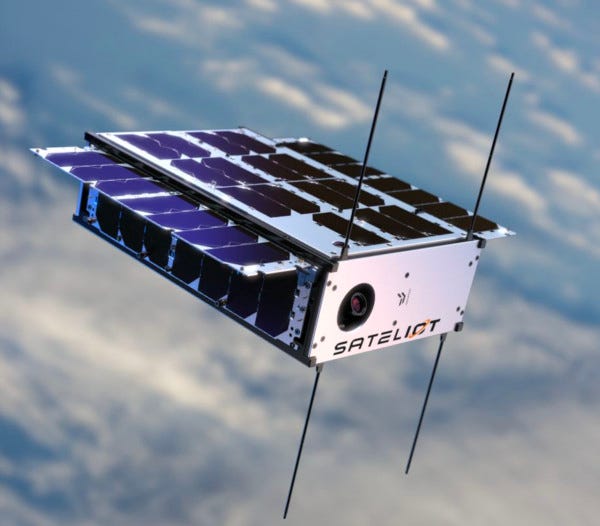Wildlife Conservation in Southern Africa to Benefit from Collaboration
Sateliot and Endangered Wildlife Trust Finalize Agreement
An agreement to deploy 5G IoT sensors on vultures, a significant step toward safeguarding endangered species and combating poaching in Africa, has been finalized between Sateliot and Endangered Wildlife Trust (EWT).
"Sateliot's support will significantly impact our organization. This financial relief will enable us to allocate these funds to other critic…




